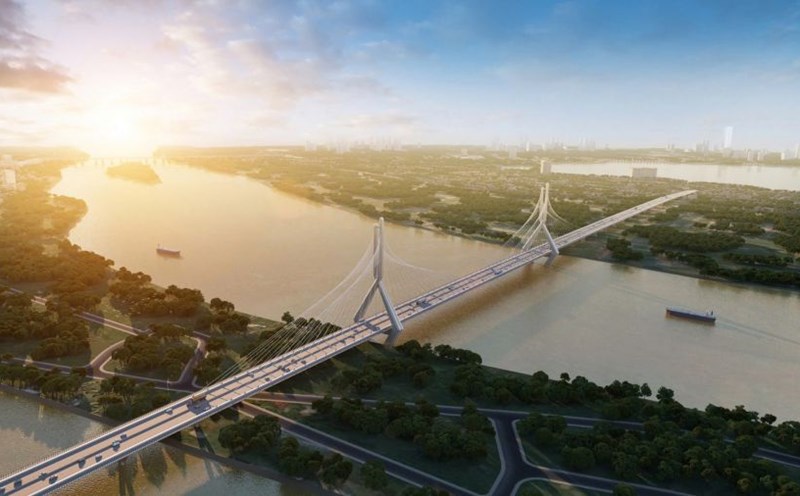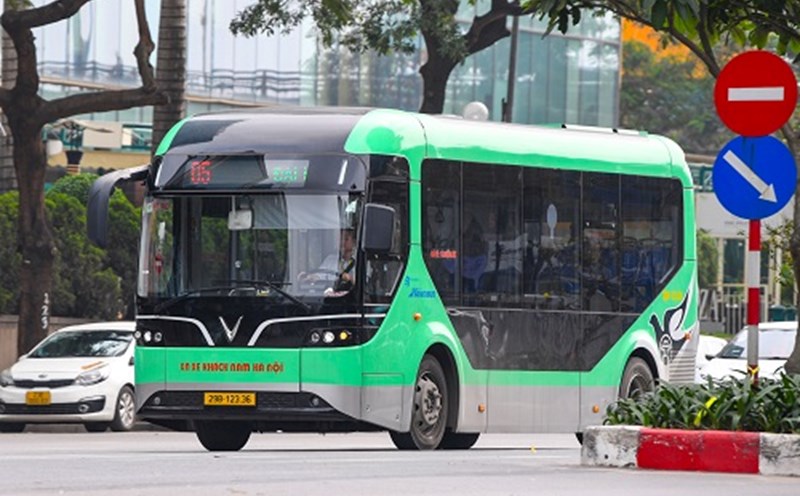This is the common assessment of traffic experts at the seminar "Smart payment solutions for modern traffic" held on May 20 in Hanoi.
According to Mr. Khuat Viet Hung - Chairman of the Board of Directors of Hanoi Metro, both Hanoi and Ho Chi Minh City have deployed an automatic ticket collection and control system. However, each route uses a separate system, causing inconvenience to people, especially those who buy single-trip tickets when they have to go to the station and pay directly in cash.
Mr. Hung said that ticket cards for the Cat Linh - Ha Dong and Nhon - Hanoi Railway Station routes cannot be used by each other. People have not been able to use bank cards or VNeID to pay. "The problem is when we can connect urban railway lines with each other and with buses, so that people do not have to use cash to buy tickets," he raised the issue.
On the side of the state management agency, Mr. Do Viet Hai - Deputy Director of the Hanoi Department of Construction - said that the city has completed a policy to develop a smart ticket system, aiming not only to serve public transport but also connect with many other types of services in the future.
According to Mr. Hai, this system will be connected to automatic toll collection, parking lots, and can even be used outside of Hanoi. "We are studying a model suitable for Vietnam's conditions, with the goal of encouraging people to use public transport," he said.
However, the current challenge is that Hanoi's two major metro lines still use two separate ticket systems, without connectivity. Therefore, Hanoi sets a top goal of building an interconnected ticket card system, with Vietnamese people mastering the technology, based on pure Vietnamese technical standards.
Technical difficulties have been basically resolved by the construction industry. Decision No. 3680 dated July 16, 2024 of the Hanoi People's Committee issued a form of management and guidance on the application of technical standards for the electronic ticket system. In the future, people can completely use a citizen identification card (CCCD) as a payment card when traveling, integrated with VNeID or bank cards.
It is expected that the interconnected ticket system will be launched on September 2, 2025, not only applicable to public transport routes in Hanoi but also aiming to expand nationwide. This system will also be integrated with international payment cards such as Visa.
A representative of the Hanoi Department of Construction said that after a year of testing, the system has been basically completed, and there is currently only a step to implement it synchronously throughout the city. However, the biggest challenge is not technology, but changing the habits of people - especially the elderly, groups not used to using electronic cards or non-cash payment applications.
In addition, changing the ticket collection model means that about 4,000 workers on more than 2,000 buses in the city will no longer have the current ticket sales task. Hanoi is considering a plan to rearrange work and support career conversion for this force in the coming time.
Mr. Nguyen Hoang Long - Deputy General Director of Vietnam National Payment Joint Stock Company (NAPAS) - said that banks and NAPAS are ready in terms of technical infrastructure, operations and products to connect the " Automatic ticket collection and checking system with the cashless payment network. "The goal is to have a modern system that fully meets the standards of non-cash payment and effective ticket management by September 2," Mr. Long affirmed.
Deputy Director of the Hanoi Department of Construction Do Viet Hai also emphasized that the city has foreseen possible situations that may occur during the construction and implementation of the system. I can confirm that this system will operate at the highest stability and efficiency within the current feasibility range, said Mr. Hai.













